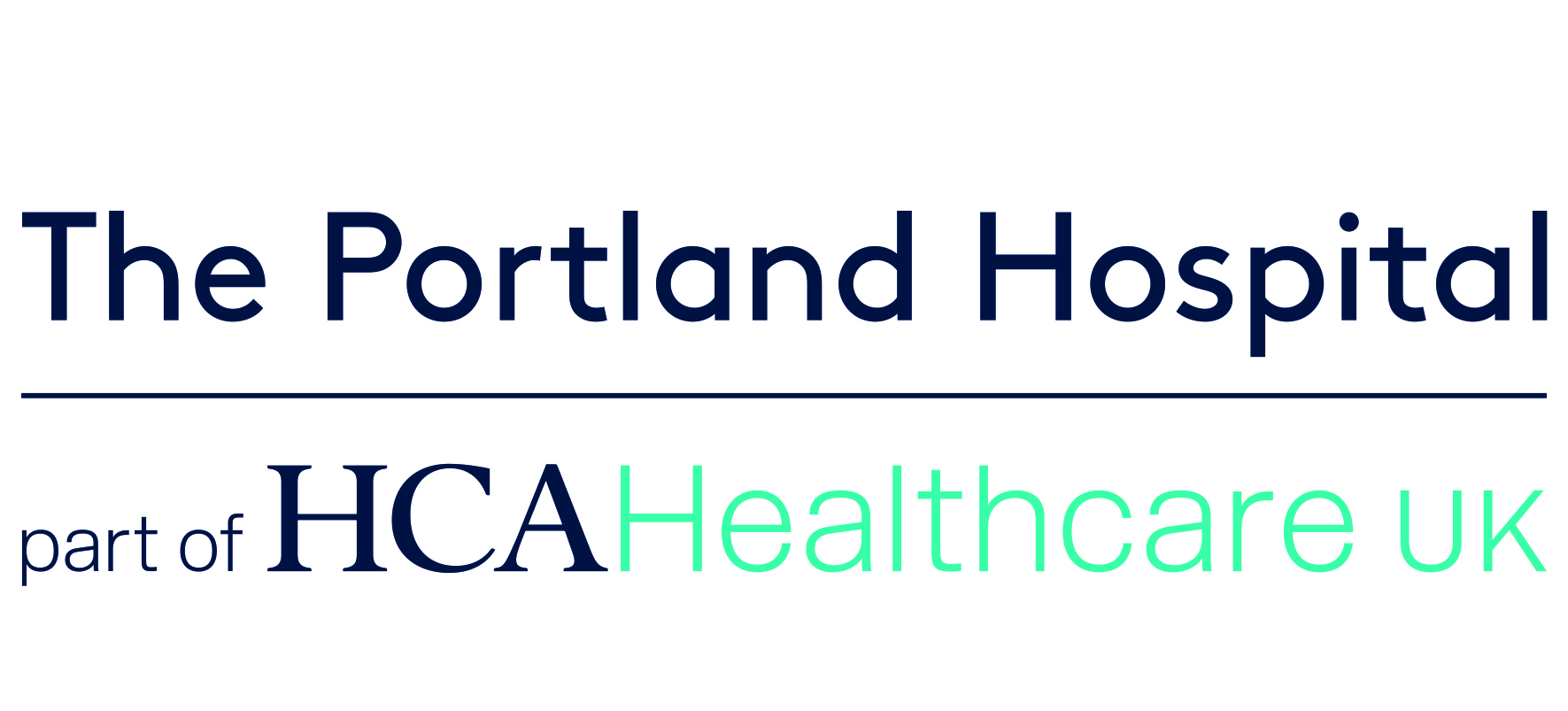If your baby has a mild cough or cold you can soothe your baby or toddler while they have it:
Do not use adult products and check your baby is old enough to use products for children. You can also buy a baby nose suction device which helps to clear their nose if they are struggling to breathe through their nose.
Make sure everyone in the family to wash their hands with soap and dry them properly so the germs won’t spread.
A cough is usually a normal part of the process of a cold. Mucus trickles down your baby’s throat and coughing is a natural reflex to try to clear it away.
However, babies are much less efficient at getting the oxygen they need and prolonged bouts of coughing will exhaust a baby – this can be a medical emergency so if a cough seems bad, lasts more than a few seconds or a cough itself, has lasted a long time, then do go and see your baby’s doctor urgently. Watch the video for signs of respiratory distress such as belly breathing, wheezing and a suck above the collar bone – if you see any of these signs this may be a medical emergency in a small baby and you need to seek urgent medical help. If the skin around their mouth is white or blue call an ambulance.
Sore throats are usually due to a viral infection and start a few days before the cold emerges. If you think your baby is in pain you can use Paracetamol or Ibuprofen in moderation to ease the discomfort – but always follow the instructions precisely to avoid over-dosing. Most sore throats will clear up on their own – but if they last longer than about 4 days, or your child also has a temperature, or is unable to swallow fluids, go and see your doctor.
Lots of baby carrying can also help your baby by soothing them and also stopping their throat feel too dry (due to being held more upright by you).
Croup is caused by a viral infection and sounds like a seal bark cough due to your baby’s larynx and throat being inflamed. Take your baby to the doctor if you suspect croup as your baby may be struggling to get adequate oxygen if the coughing is prolonged and the infection is bad. To help soothe the croup at home you will probably be up at night to soothe and comfort your baby, offer lots of extra feeds and you can give baby painkillers such as Calpol to ease the pain. Don’t exceed the stated dose. Do not medicate with adult products or cough suppressants in your medical cabinet as they will not be safe for babies.
Again if you see the following signs call an ambulance for your baby:
The hospital can give oxygen and steroid puffs to help your baby to breathe and open their airways.
Sometimes croup can lead to a secondary, later bacterial infection, e.g. pneumonia. If after your baby has had croup they continue to seem poorly with a fever over 39 degrees celsius with a cough, paler skin, and a rapid pulse call an ambulance. Babies can get ill very quickly so do not be embarrassed if your instinct says that your baby isn’t getting better or has taken a turn for the worst.
For a list of useful contact details for The Portland Hospital, please click HERE.
